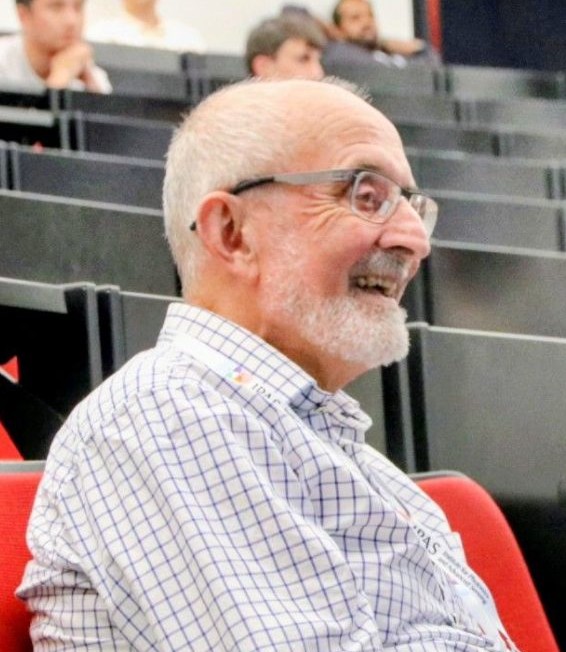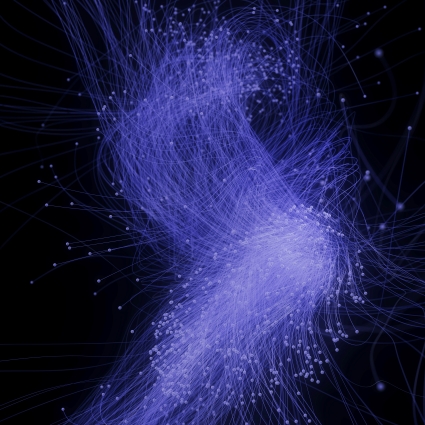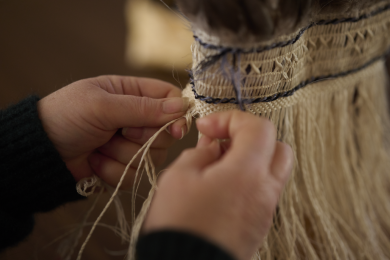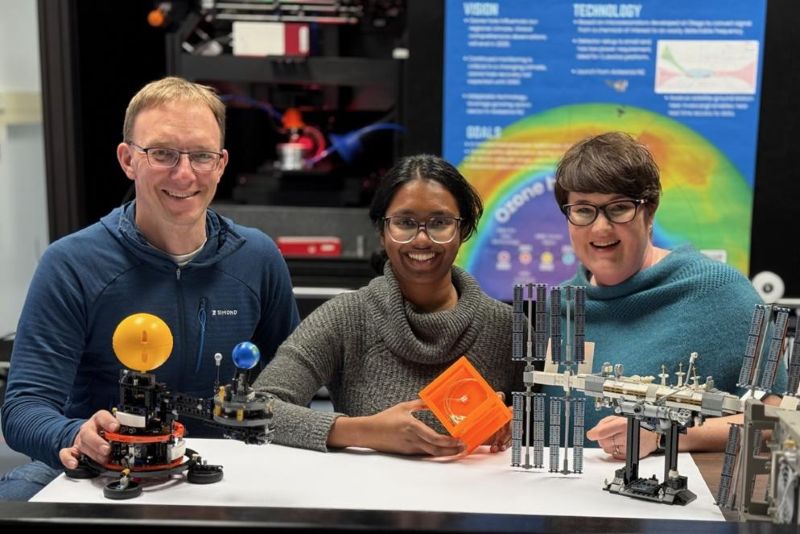Marsden results demonstrate that photonic and quantum technologies are everywhere
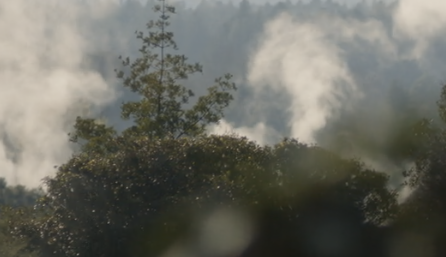
The Marsden Fund results for 2025 are out and our researchers and affiliate members are well-represented among the successful project recipients, either leading teams or playing an important part in them.
Some 107 projects have been announced by the Royal Society Te Apārangi and a total of $80.3 million has been invested in this round. Well done to Joachim Brand, Ulrich Zülicke, and Michele Governale; Stuart Murdoch, Stephane Coen and Miro Erkinato; Talia Xu; Keith Gordon; Nicholas Rattenbury and Simon Granville.
This year, two major interdisciplinary projects each received a $3m Marsden Fund Council Award and our Centre is proud to be playing a part in both of them. Keith Gordon is in the group led by Dr Phil Novis at the New Zealand Institute for Bioeconomy Science Limited which is studying the archaeological preservation of Māori rock art. And Nicholas Rattenbury is among the team led by Prof Renate Meyer at the University of Auckland exploring currently unseen components of the universe. Photonic and quantum technologies really do span so much of our lives.
A study of the behaviour of atoms at extreme temperatures has received a standard award of $941k over 3 years. The work is being led by Joachim Brand, with Ulrich Zülicke and Michele Governale. They’re collaborating with a wider team of researchers including those from Yale, the Max Planck Institute for Solid State Research and the Karlsruhe Institute of Technology
A project on visible laser combs (highly specialised measurement devices) led by Stuart Murdoch with Stephane Coen and Miro Erkinato received $941k over 3 years. In what is a terrific effort from a newly appointed Associate Investigator, Talia Xu and team were successful Fast Start award recipients of $360k over the same period to work on harnessing ambient light: a low-power solution for environmental sensor communication.
Finally, Affiliate Member Simon Granville, is collaborating with a team led by Dr John V Kennedy at Earth Sciences New Zealand to explore ways to recover and reuse waste heat energy from geothermal processes. The project won a standard award of $941k over 3 years and there’s considerable excitement about its potential.

